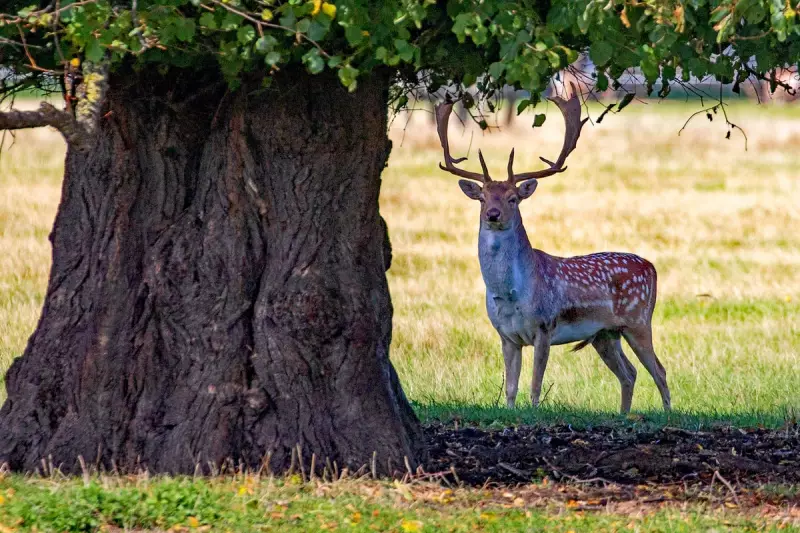
Archaeologists working with the National Trust have made a remarkable discovery in West Sussex that's ruffling feathers in both historical and environmental circles. Excavations at an ancient Roman settlement have uncovered well-preserved chicken bones dating back nearly 2,000 years, providing unexpected clues about climate patterns in ancient Britain.
A Poultry Revelation
The significant find occurred during routine archaeological work at a site managed by the National Trust. Experts were astonished by the exceptional condition of the chicken remains, which have survived centuries buried in the Sussex soil. These aren't just ordinary bones - they're historical time capsules that tell a story far beyond ancient farming practices.
Climate Clues from the Past
What makes this discovery particularly fascinating is what the bones reveal about Britain's ancient climate. Analysis suggests that Roman-era temperatures in southern England were notably warmer than previously thought, creating conditions suitable for raising chickens year-round.
The archaeological team identified several key insights:
- Roman Britain experienced warmer average temperatures than modern estimates suggested
- Chickens were likely raised extensively throughout the year, not just seasonally
- The findings challenge existing models of ancient British climate patterns
- West Sussex provided ideal conditions for Roman agricultural practices
Rewriting Historical Understanding
This discovery is causing experts to reconsider long-held assumptions about life in Roman Britain. The presence of well-established chicken farming indicates a more sophisticated agricultural system than previously documented for the period.
"These chicken bones are more than just ancient leftovers," explained one National Trust archaeologist. "They're helping us paint a clearer picture of daily life in Roman Britain and challenging our understanding of the ancient climate."
Modern Implications
Beyond historical interest, the findings have relevance for contemporary climate studies. Understanding how climate has changed over centuries provides valuable context for current environmental changes and helps scientists create more accurate climate models.
The West Sussex discovery serves as a powerful reminder that sometimes the most ordinary artifacts can reveal extraordinary stories about our past - and our future.





